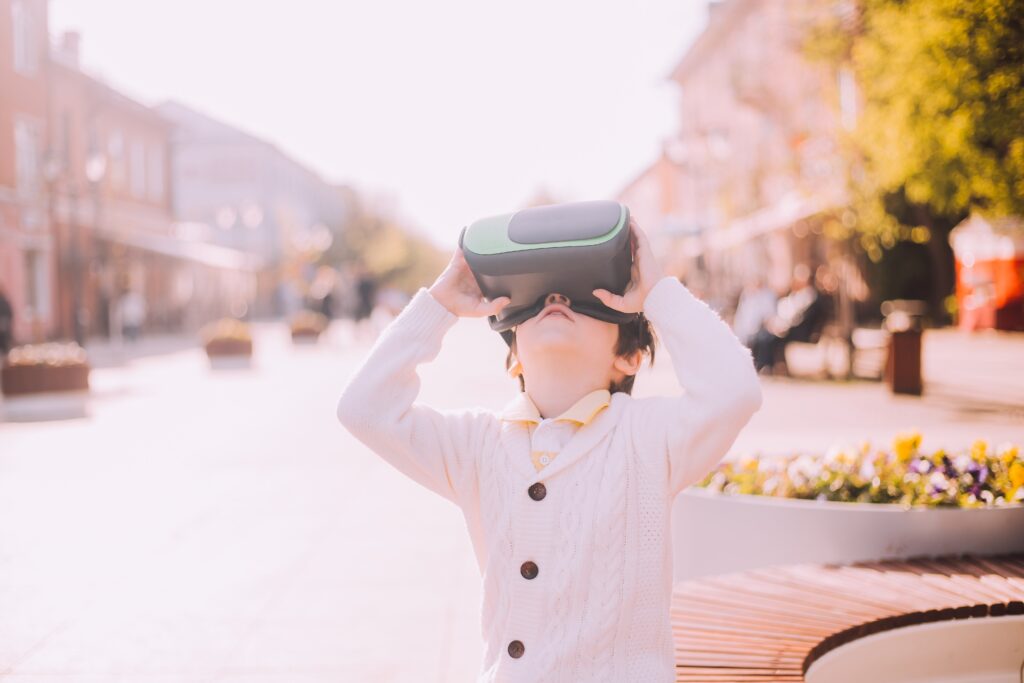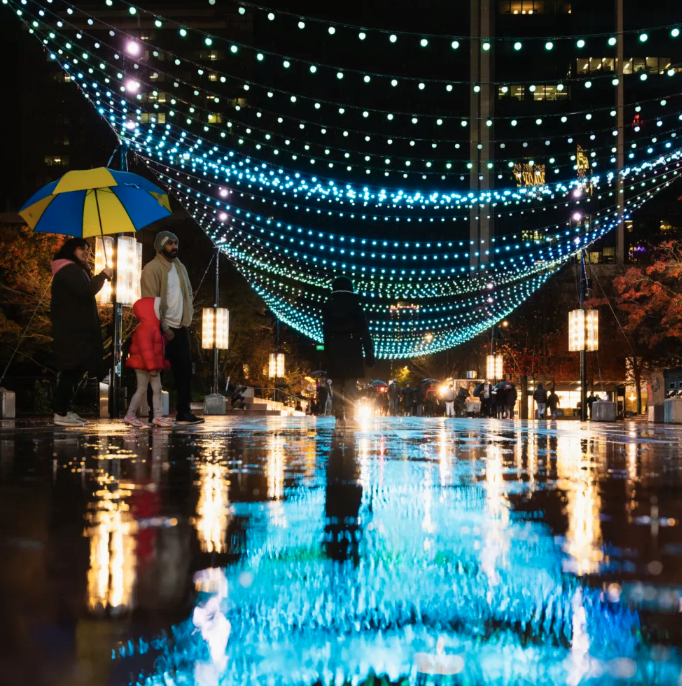Virtual reality technology turns traditional Japanese Shinrin Yoku into easily accessible therapeutic interventions, according to new studies from the Max-Planck Institute. In order to demonstrate measurable stress reduction and cognitive enhancement, scientists developed virtual forest experiences combining 360° visuals, authentic sounds, and Douglas fir aromatics.

The lack of nature in urban environments is a significant social issue that this innovation seeks to address. As cities expand, millions of people lose vital connections to healing natural spaces. Regardless of geographical constraints, virtual forest therapy offers genuine brain benefits, such as lowered cortisol levels, improved working memory, and increased ecological connectedness.
The Mosaic of Memory: How Art and Neuroscience Illuminate Healing
The uses go beyond individual wellness. These devices could be incorporated into urban workplaces, healthcare facilities, and elderly centres, broadening access to nature for everyone. By linking traditional knowledge with modern neuroscience, this technology promotes supplementary paths to wellbeing rather than replacing real-world environments.
Read more:





